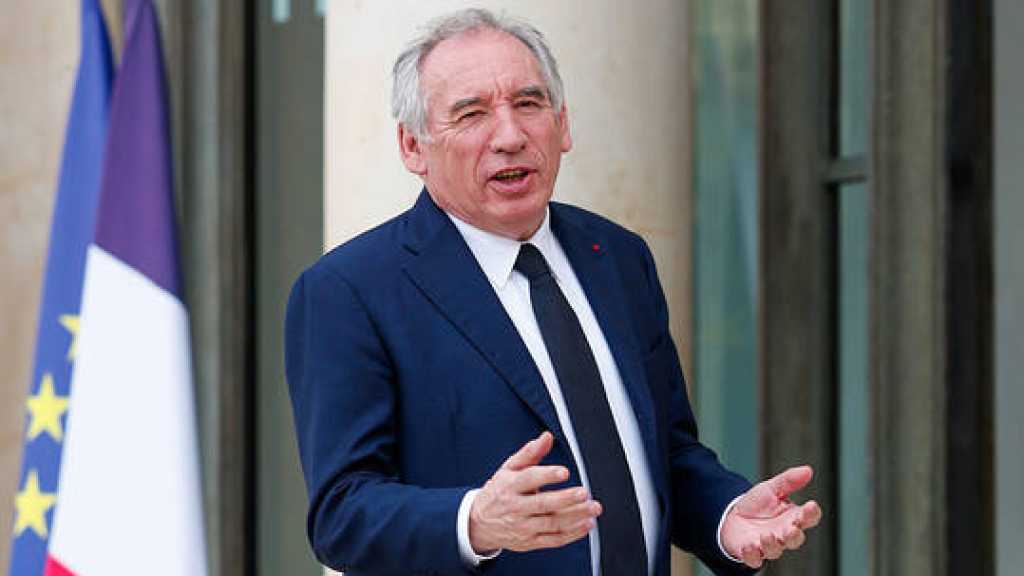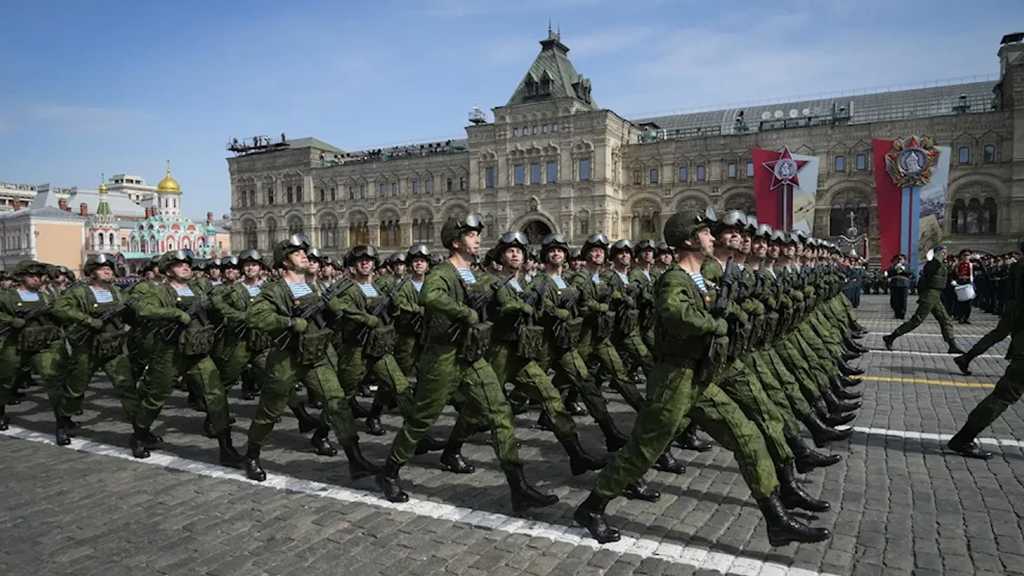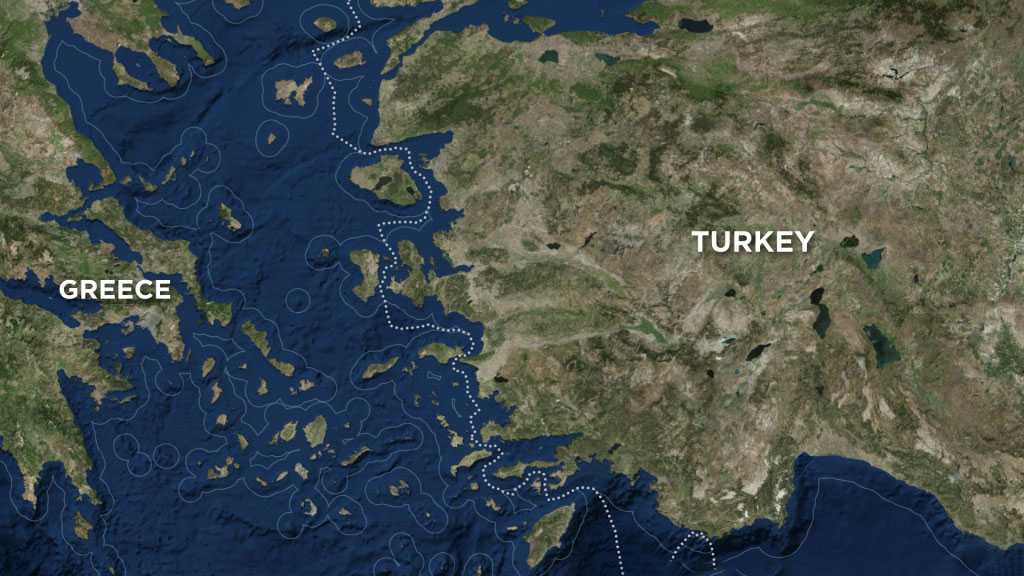Amnesty: A Year of Bloody Repression in Saudi Arabia
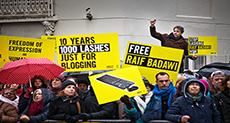
Local Editor
Amnesty International said the day before the first anniversary of the flogging that the human rights situation in Saudi Arabia steadily deteriorated over the year since blogger Raif Badawi was publicly flogged for exercising his right to free expression.
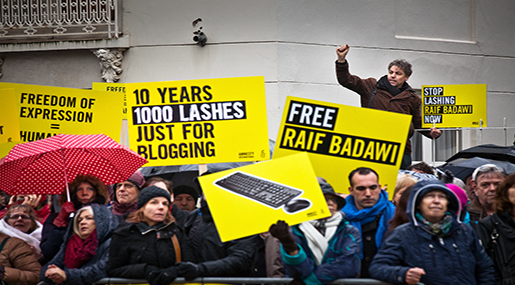
The past year has seen the Kingdom's human rights record go from bad to worse. Most recently, the mass execution of 47 people in a single day, including Shia Muslim cleric Sheikh Nimr al-Nimr, sent shockwaves across the region.
Despite the much hailed participation of women in municipal elections last month, Saudi Arabia continued its sweeping crackdown on human rights activists and led a devastating air bombardment campaign on Yemen that saw the commission of serious violations of international humanitarian law, including war crimes.
James Lynch, Deputy Director of the Middle East and North Africa Programme at Amnesty International expressed that: "More and more human rights defenders are being sentenced to years in prison under Saudi Arabia's 2014 counter-terror law, while its allies shamelessly back the Kingdom's repression in the name of the so-called ‘war on terror'."
Among the many people imprisoned is Raif Badawi's lawyer, Waleed Abu al-Khair, the first human rights defender to be sentenced under Saudi Arabia's counter-terror law in force since February 2014, after an unfair trial.
Meanwhile, the authorities used the 2014 counter-terror law and the Kingdom's notorious "counter-terror" court, the Specialized Criminal Court, to systematically clamp down on all forms of activism, including by handing death sentences to Muslim activists such as prominent cleric and vocal critic of the Saudi Arabian government, Sheikh Nimr al-Nimr who was executed with three other im activists on 2 January.
In a similar context, Saudi Arabia also led a military coalition which, since March 2015, had carried out thousands of air strikes in areas of Yemen. Hundreds of civilians were martyred in the air strikes, which also hit civilian infrastructure including health facilities, schools, factories, power facilities, bridges and roads.
Amnesty International found that such strikes had been frequently disproportionate or indiscriminate and in some instances they appear to have directly targeted civilians or civilian objects.
Some of the weapons used by the US-backed Saudi Arabia-led coalition forces in Yemen which hit civilian targets, were produced and/or designed in the US and UK. Both British and American governments are providing logistical support and intelligence to the coalition.
Source: Amnesty International, Edited by website team
Comments
- Related News
